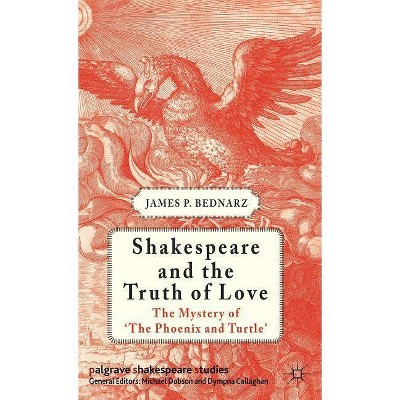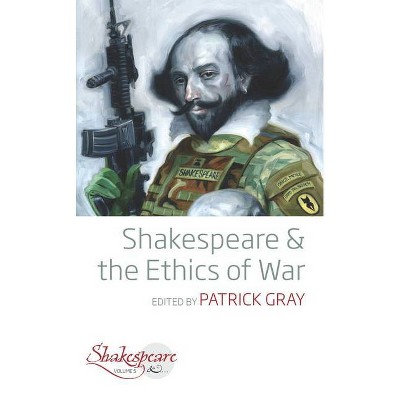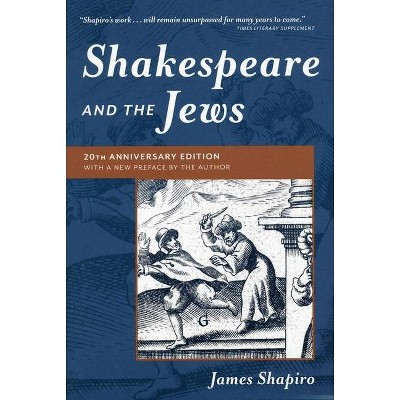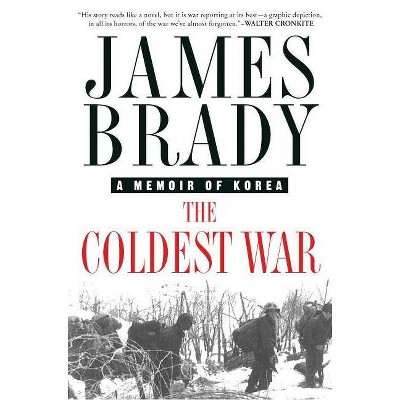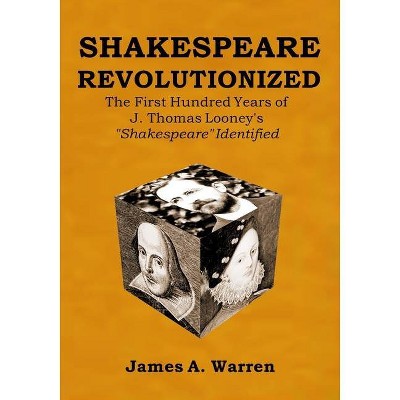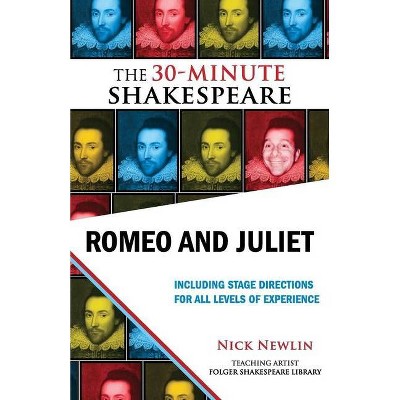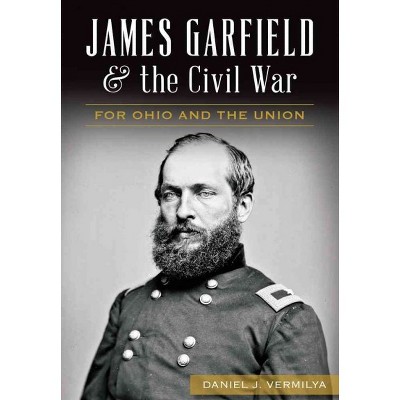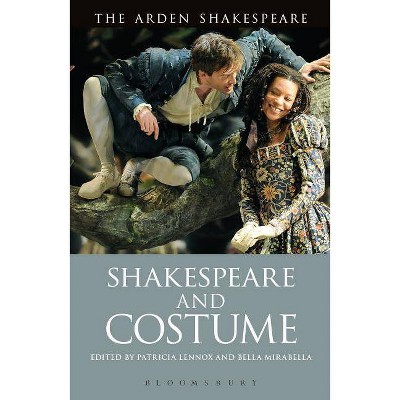Shakespeare and the Poets' War - by James Bednarz (Paperback)
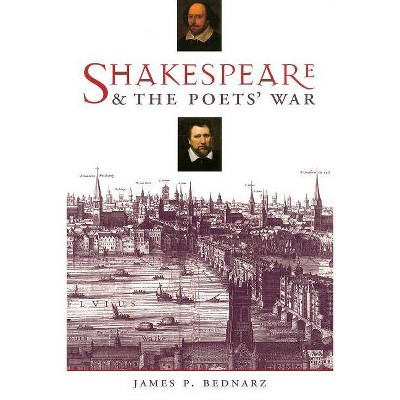
Similar Products
Products of same category from the store
AllProduct info
<p/><br></br><p><b> About the Book </b></p></br></br><p>In a remarkable piece of detective work, Shakespeare scholar James Bednarz traces the Bard's legendary wit-combats with Ben Jonson to their source during the Poets' War. Bednarz offers the most thorough reevaluation of this "War of the Theaters" since Harbage's <i>Shakespeare and the Rival Traditions, </i> revealing a new vision of Shakespeare as a playwright intimately concerned with the production of his plays, the opinions of his rivals, and the impact his works had on their original audiences.</p><p/><br></br><p><b> Book Synopsis </b></p></br></br><p>In a remarkable piece of detective work, Shakespeare scholar James Bednarz traces the Bard's legendary wit-combats with Ben Jonson to their source during the Poets' War. Bednarz offers the most thorough reevaluation of this "War of the Theaters" since Harbage's <i>Shakespeare and the Rival Traditions, </i> revealing a new vision of Shakespeare as a playwright intimately concerned with the production of his plays, the opinions of his rivals, and the impact his works had on their original audiences.</p><p/><br></br><p><b> Review Quotes </b></p></br></br><br>Bednarz has written a very good, important, and useful book on what he claims correctly is one of the most neglected pieces of early modern dramatic history and criticism: the poetomachia or poets' war. Indeed, this should become the standard reference on the topic.--Ken Jackson "The Sixteenth Century Journal "<br><br>Bednarz is a superb intertextual critic, delving into the details of the playtext to reveal its significance... For recreating the significance of this decisive moment in the theatrical competition over who would authorize English literary history, James P. Bednarz wins the palm.--Patrick Cheney "Shakespeare Quarterly "<br><br>Bednarz plunges into the thicket of controversy that drew the attention of the theatrical enterprise as London entered the seventeenth century and that has attracted the attention of literary scholars to this day... Bednarz develops a compelling timeline for each phase of the struggle... The book will be required reading for anyone who needs to explore the ramifications of the Poets' War.--Anne Jennalie Cook "Renaissance Quarterly "<br><br>The first detailed study of the 'war of the theaters' for some time, and beyond the care and rigor of Bednarz's reading and reconstruction of the event, its real innovation is to position Shakespeare... along with Dekker, Marston, and Jonson in the most famous literary/theatrical controversy of the era.... Bednarz's imaginative and critical sophistication should renew attention to this central moment in the self-fashioning of the early modern stage.--W.B. Worthen "SEL "<br><br>Bednarz distinguishes himself from earlier scholars of the Poets' War from the outset of the book with two particular arguments. First, he claims that during the Poetomachia Elizabethan playwrights themselves generated... the almost mythic distinction between scholarly Johnson and an inspired Shakespeare... Second, he recasts the development of the Poets' War into three discrete phases, ... while making especially convincing the notion that the plays were in direct conversation with one another.--Heather Hirschfield "Shakespeare Studies "<br><p/><br></br><p><b> About the Author </b></p></br></br>James P. Bednarz is professor of English at the C. W. Post Campus of Long Island University, where he has received the Newton Award for Excellence in Teaching. His articles on Elizabethan literary relations have appeared in a wide range of journals including <i>ELH, Shakespeare Studies, Renaissance Drama, Medieval and Renaissance Drama in England, The Huntington Library Quarterly, </i> and <i>Spenser Studies.</i>
Price History
Price Archive shows prices from various stores, lets you see history and find the cheapest. There is no actual sale on the website. For all support, inquiry and suggestion messages communication@pricearchive.us
